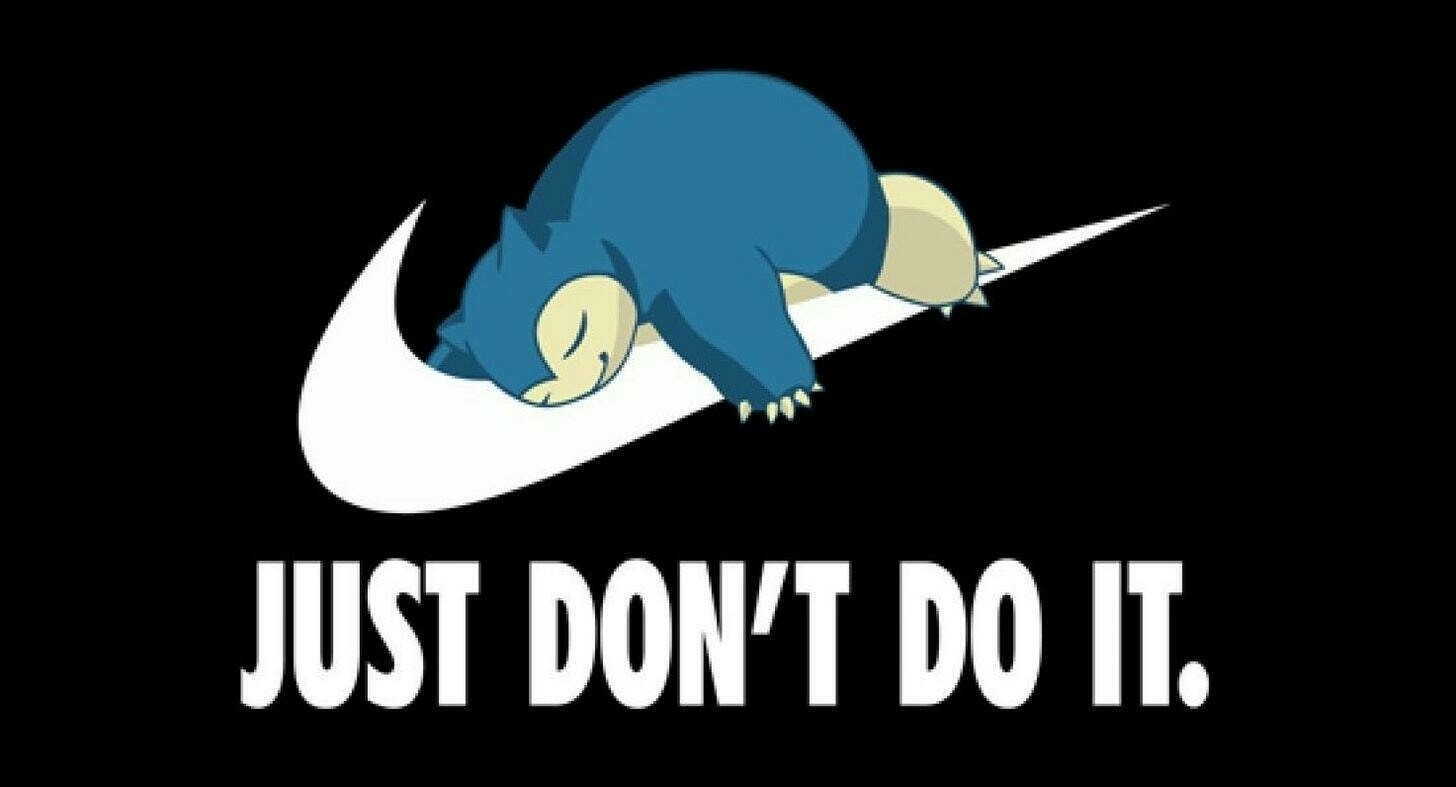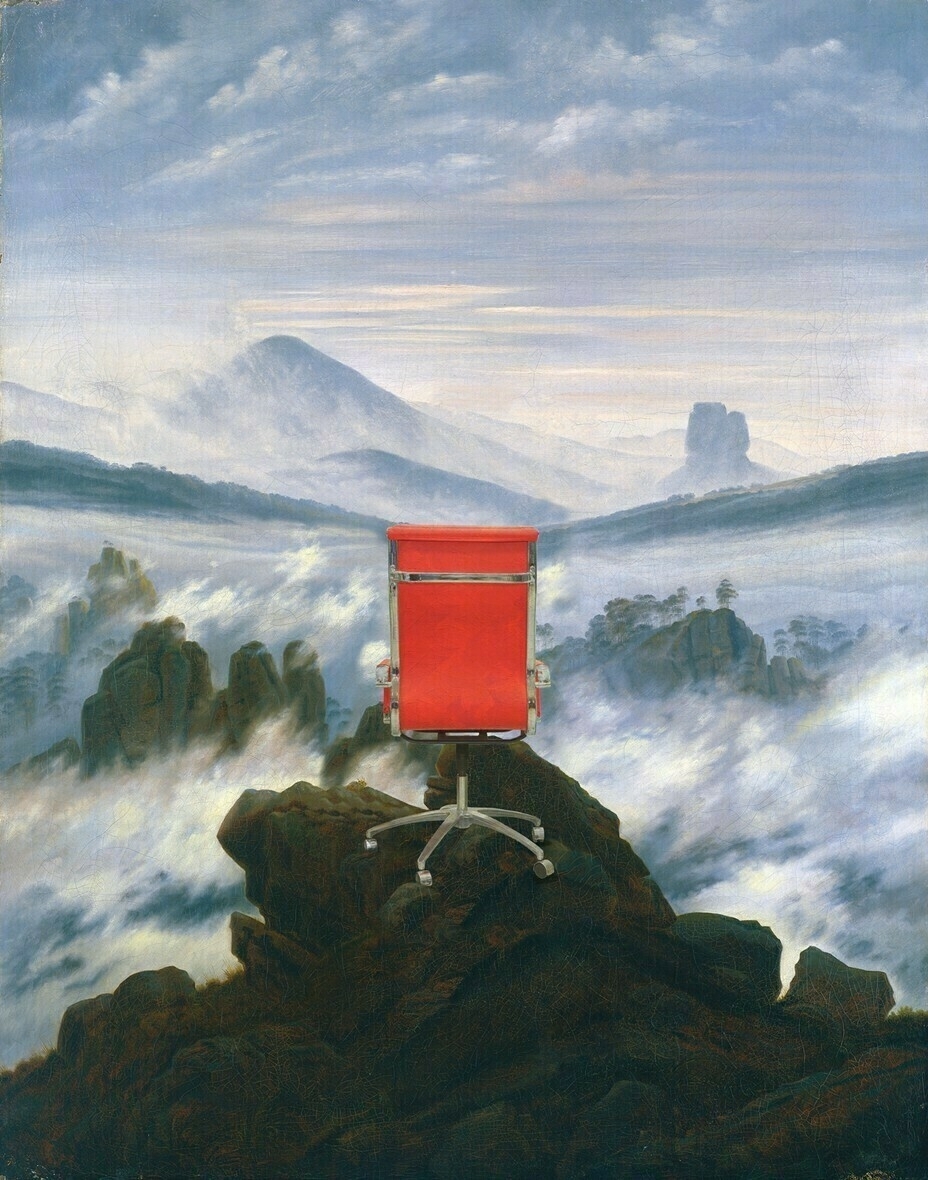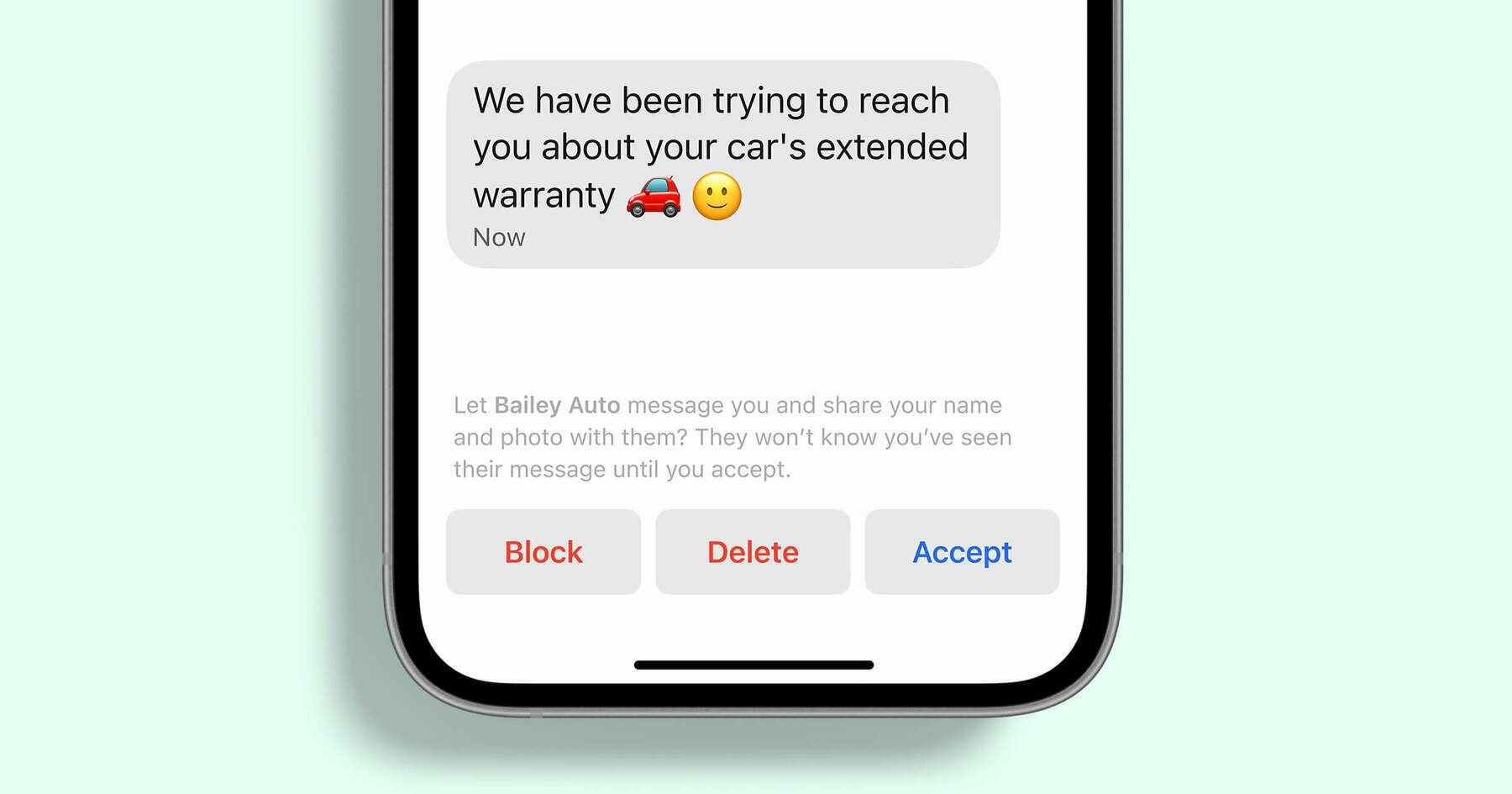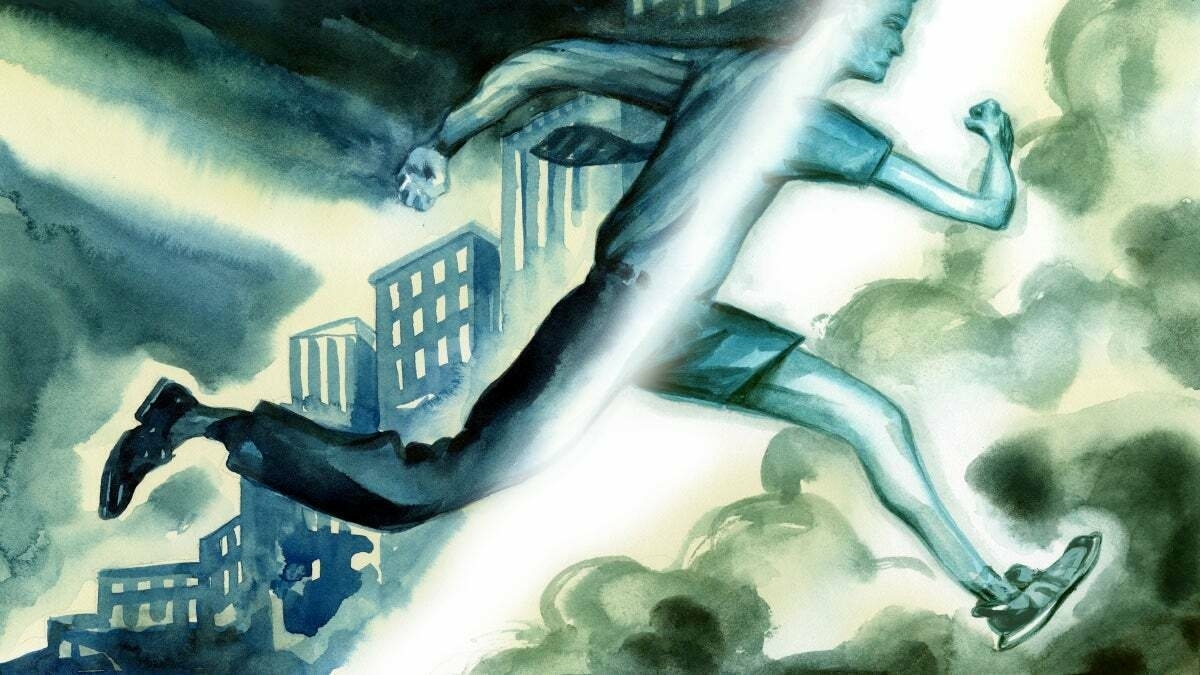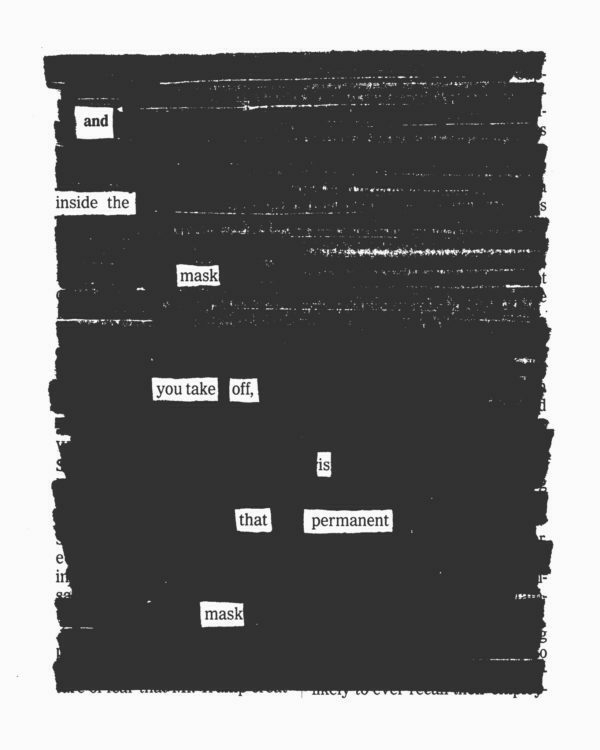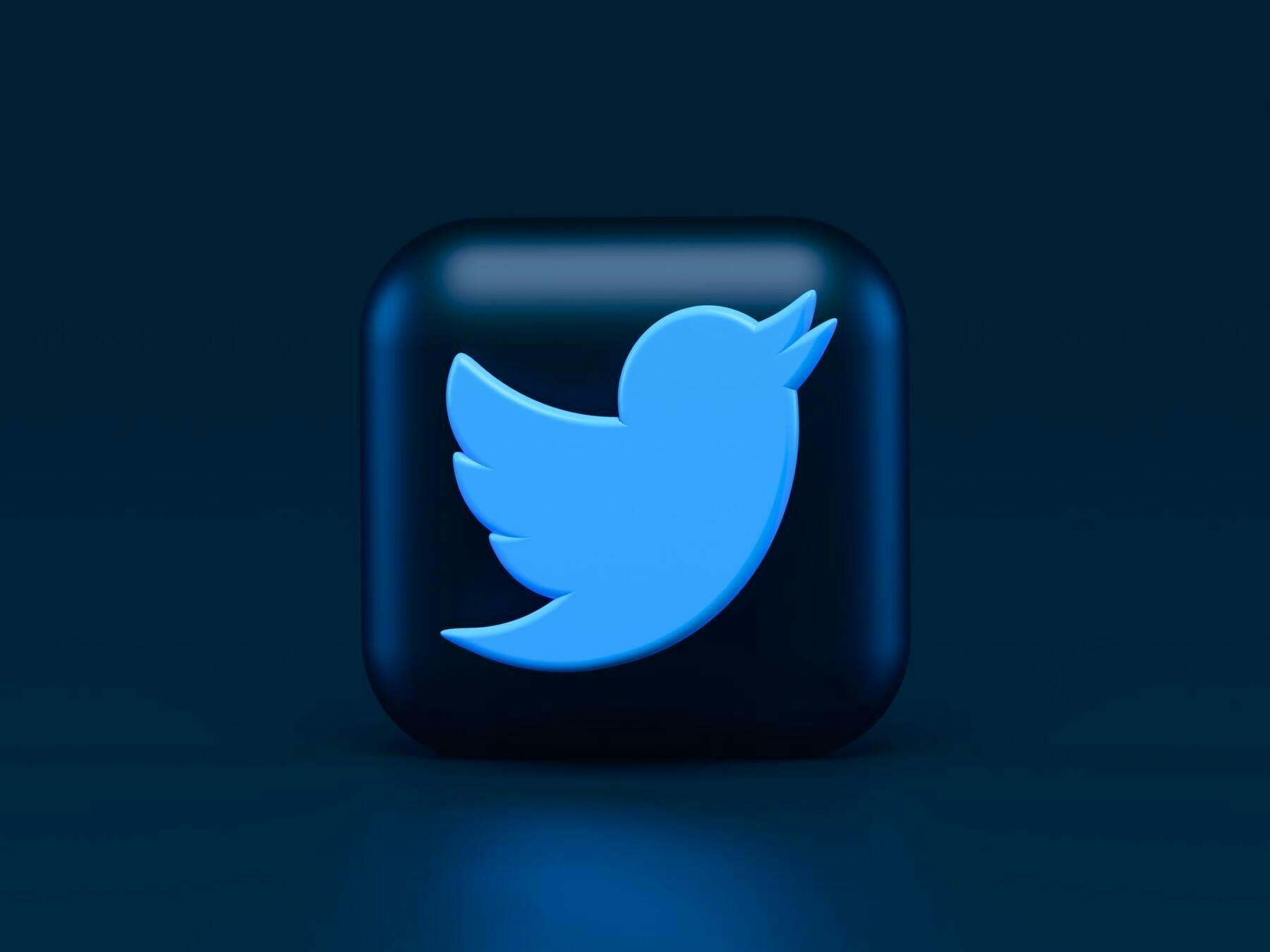Platform power and infrastructure
John Naughton writes notes that we need to describe a fourth kind of power alongside compelling us to do something, stopping us from doing something, or shaping the way we think.
The great unsolved problem of our time is how to deal with – and where necessary curb – the unaccountable power of these giants. The first step on that road is to reach a collective understanding of what kind of power they actually wield. And for that we need a taxonomy. In an earlier era, the political theorist Steven Lukes proposed one. There were, he said, three kinds of power: the ability to compel people to do what they don’t want to do, the ability to stop them doing something they want to do and the ability to shape the way they think. This last one was useful in addressing the power of influential media owners (Rupert Murdoch, for example) in the old media ecosystem. But although it still applies in some ways to social media, it’s less useful for the networked ecosystem we now inhabit; we need another category.Source: How can we tame the tech giants now that they control society’s infrastructure? | The Guardian“Platform power” is one possibility. The tech giants all possess it to a greater or lesser degree. In Apple’s case, for example, it owns and controls two important platforms – ie, software systems on which other agents can build businesses: they are the operating systems on which its devices run and its app store, which decides what apps are allowed on Apple devices. Google owns several platforms – a search engine and its associated advertising marketplace, the Android mobile operating system, YouTube and Google cloud services. Facebook (whose holding company is now rebranded as Meta) also owns several – Facebook, Instagram and WhatsApp; Twitter owns, er, Twitter; Amazon owns its marketplace and cloud services; and Microsoft owns the Windows/Office platform and a fast-growing cloud service, Azure.
Proving endemic racism and sexism in the world of football
Anyone who follows football will perhaps be disappointed yet unsurprised that racism and sexism continue to be part of the beautiful game.
This study is clever in the way that it shows that those watching football matches use coded language and are biased against women. Hopefully, it will help all of us figure out better ways forward.
(I actually really enjoy watching women’s football with my family!)
The resulting paper, “Pace and Power: Removing unconscious bias from soccer broadcasts,” caused a stir when they presented it at last month’s New England Symposium on Statistics in Sports. Of the 47 sports fans who watched a two-minute clip of the World Cup TV broadcast, 70 percent said that Senegal, whose players were all Black, was “more athletic or quick.” But of 58 others who saw an animation of the same two minutes without knowing which teams they were watching, 62 percent picked Poland, whose players were all white, as the more athletic side.1 The physical advantages that supposedly defined the African team’s style of play disappeared as soon as their skin color did.Interestingly, they also looked at gender as well as race:[…]
The athleticism flip-flop offers a new kind of evidence of a prejudice that affects how Black players of every nationality are perceived. For decades, researchers have documented media stereotypes of African players as “‘powerful,’ ‘big-thighed,’ ‘lithe of body,’ ‘big,’ ‘explosive,’ and like ‘lightning,’ attributes that were to be contrasted with ‘the know-how that England possess.’” As Belgian forward Romelu Lukaku, who is Black, told The New York Times, “It is never about my skill when I am compared to other strikers.” Now, for the first time, researchers have a way to isolate how race influences direct perceptions of the game.
The study also examined attitudes toward gender by showing viewers a pair of two-minute clips, one from the American top-flight National Women’s Soccer League and another from League Two, the English men’s fourth tier. Even though the NWSL draws more fans to games, its average player earns about a quarter as much as the average player in League Two. Gregory and Pleuler were curious whether this “clear gender pay gap” could be explained by a difference in the quality of the soccer shown on TV, as some have argued.Source: Soccer Looks Different When You Can’t See Who’s Playing | FiveThirtyEightPeople who watched the broadcasts said that the men’s game was “higher quality” by a 57 percent to 43 percent margin. Those who saw the renders with genderless stick figures preferred the women’s match, 59 percent to 41 percent. The results weren’t statistically significant across a small sample of 105 mostly male respondents, but Pleuler believes the line of research is promising. “I think these results are suggestive that your average soccer fan can’t tell the difference between something that does have a large investment level and the women’s game, which does not,” he said.
Just Don't Do It
This isn’t an easy article to cite, mainly because I want to quote both it and some commentary by Andrew Curry. The original article is paywalled, so I’m going to rely on Curry’s quotations.
I’m particularly interested in this because I’m one of the oldest Millennials (I was born nine days before the end of 1980). There’s something about my generation whereby we’re just not going to take that Boomer shit any more.
It turns out the latest moral panic about work —at least, abut our contemporary idea of work—is being fuelled by ‘The Great Resignation’ in the US, which I wrote about here recently. (‘The four Rs of post-pandemic America.’)Curry quotes Lowry as saying:One of the elements of this is that it is Millennials who are disproportionately more likely to quit. One might say, ‘what are these young people thinking of?’, were it not for the fact that the oldest Millennials are 41 this year; half a lifetime in, in other words.
The writer Erin Lowry, who has written multiple books on Millennials, and is a Millennial herself, is having none of it. In a (partly gated) short column in Bloomberg, she suggests instead that the games’s up for the version of work that has been normalised in the last two decades.
After 18 months of pandemic uncertainty altering how we work, it makes sense we’d return to the questions of why we work, and how our jobs affect our quality of life. Is there perhaps another way to earn an income that better aligns with our overall goals? Couldn’t we create a future of no longer using a career as the primary or sole basis of our identity and self-satisfaction? Shouldn’t this be a moment to consider how to work to live instead of live to work?Source: Work | Ancestors | Just Two Things[…]
We can theorize that this burnout comes from the increasingly blurred boundaries between being on and off the clock. From being conditioned to believe that appearing “always available” is the hallmark of a promotable employee. From jobs that once required a high school diploma suddenly demanding a bachelor’s degree, forcing young people to get mired in never-before-seen levels of student loan debt.
Carbon emissions per km
Now that I'm not flying any more, I need to figure out ways to get to places where I'd usually travel by plane.
For example, I'm travelling to the Netherlands next month. Fortunately, instead of having to go down from the north of England, through London, and then across to Paris and then Amsterdam, I can take the ferry.
But what about the carbon emissions of ferries? Thankfully, for foot passengers they are, on average, even smaller than those of coaches.

Train virtually always comes out better than plane, often by a lot. A journey from London to Madrid would emit 43kg (95lb) of CO2 per passenger by train, but 118kg by plane (or 265kg if the non-CO2 emissions are included), according to EcoPassenger.
[...]
The [Department for Business, Energy and Industrial Strategy] has also put a figure on ferry transport - 18g of CO2 per passenger kilometre for a foot passenger, which is less than a coach, or 128g for a driver and car, which is more like a long-haul flight.
Source: Climate change: Should you fly, drive or take the train?
Whitelabelling Stadia tech
I recognise that this is rather niche, but as a fan of Google Stadia, this is great to see. For some reason, there’s a lot of people who seem to want cloud gaming… not to work?
The thing is that it’s here, working, and pretty awesome. Yes, there’s rough edges at times, but the technology and culture around it is a lot less mature than the more traditional model.
“This is being powered by the Stadia technology,” an AT&T representative tells The Verge. “For this demo AT&T created a front end experience to enable gamers to play Batman Arkham Knight directly from their own website and the game is playable on virtually any computer or laptop.” Although AT&T calls it a “demo,” there’s no mention of length, as shown in a short walkthrough of the experience.Source: AT&T is white-labeling Google Stadia to give you free Batman game streaming | The VergeAT&T also adds that you can stream Arkham Knight at up to 1080p and 60fps, which is the same performance you’ll get if you use Stadia for free. Paid Stadia Pro subscribers have the ability to stream up to 4K at 60fps, for which AT&T doesn’t offer an option. On the Arkham Knight page, AT&T notes that the game will be “available for a limited time.”
We also asked AT&T whether the company would be working on similar Stadia-powered games in the future or if it planned on establishing a game streaming service for customers. AT&T wasn’t able to share any additional details, but its dip into Stadia technology may open the door for other companies to follow suit.
Build your 'castle' on land you own and control
This post is ostensibly about marketing a game studio, but it has wider lessons for all kinds of creators. Long story short? Don’t get seduced by ‘exposure’ but instead spend your time directing people towards places that you own and control.
The metaphors and graphics used are lovely, so be sure to click through and read it in its entirety!
Your game studio is basically your land. You are the king. You can do whatever you want on this plot of land and kick out who you want, charge what you want. Set the rules.Source: Don’t build your castle in other people’s kingdoms | How To Market A GameGoal here: You want to grow from this little tiny hamlet to a giant castle. You also want a bunch of people in your kingdom living there (aka playing your games), and paying you taxes (buying your games) and telling you how brilliant of a leader you are (fan mail, fan art) and enjoying the company of your kingdom’s fellow citizens (community engagement).
[…]
It is hard to make people leave a social media site. But you need to work hard at it.
With every single person who enters your castle in a foreign land, tell them “welcome, yes my castle is nice here, but did you know I do better stuff over there in that Kingdom across the sea?”
Always be working to get people over to your land.
Retro football gaming FTW
The amount of nostalgia that this article gave me was incredible. I have spent more time with the Championship Manager series of games (now Football Manager) than any game. Even FIFA.
Perhaps because it was a formative period in my life, but Championship Manager 93 and Championship Manager Italia were perhaps may favourite. I can remember playing one of them on the bus to a football tournament in Blackpool on my Dad’s laptop (with a monochrome screen!)
Theoretically, you can play these games via archive.org. But the links weren’t working for me when I tried them…
And then there was Championship Manager. The king of them all. It’s hard to explain why. It took 10 minutes to get through the classified results each week. There were about three tactics you could adopt. There was no training. But somehow it just worked. That old man on the cover pretending to be a manager pointing at you in his sheepskin coat.Source: No passing, no training, seven discs: the joys of 90s football gaming | The Guardian[…]
I recently downloaded Championship Manager 93 on my laptop. It runs slightly more quickly on a Mac. I took Cambridge United to the top of the Premier League. A front line of Darrell Powell, Dominic Iorfa and Nick Barmby were unstoppable.
How to communicate remotely
I’ve worked from home for almost a decade now and still find posts like this incredibly instructive. Not only does Olivier Lacan go through gear, but also how to set it up.
In addition, there’s a few useful tips in here about remote etiquette and when to jump on a call instead of continuing a back-and-forth via text.
By definition being remote means not being there. But feeling present goes a long way. A simple look can trigger a strong reaction and a sense of shared understanding. A slight change in intonation can convey doubt or excitement better than a paragraph. Cameras can’t magically make your expressions visible when light isn’t bouncing off your face. Backlighting or contre-jour for example is a very common mistake that I see very smart people make over and over again, even during important video calls featuring very important people you’d assume would have staff to assist them.Source: High Fidelity Remote Communication | Olivier Lacan[…]
The one-stop-shop doesn’t exist quite yet, but I can tell you from experience that you can already communicate remotely with higher fidelity than the majority of office workers through the world did even before the pandemic. While your three-dimensional presence will never be replaceable, it’s possible for two-way communication to have an unprecendented amount of subtlety.
[…]
It’s the responsibility of employers to deploy the kind of budgets already allocated toward in-office communication to remote work equipment. It’s also the role of folks like me (and you) to help educate IT departments and business leaders on hardware solutions that already exist today.
It has become quite absurd to argue that remoteness has to mean becoming a less visible and valued contributor to your organization. I hope this post can help you convince anyone who might still believe that communicating remotely still has to be a pain.
Exploration pays long-term dividends for your career
This article focuses on the work of Dashun Wang, an economist at Northwestern University, who has looked at ‘hot streaks’ in the careers of regular people.
It comes down, apparently, to exploring areas and then exploiting them. I would translate that into British English as “pissing around with stuff that looks interesting until you find a use for it”.
The conventional wisdom is that hot streaks happen in our middle age. One famous analysis of scientists and inventors found that their ability to produce Nobel Prize–winning insights and landmark technological contributions peaks between the ages of 35 and 40. Another analysis of “age-genius curves” for jazz musicians found that musical productivity rises steadily until about the age of 40 and then declines sharply.Source: Hot Streaks in Your Career Don’t Happen by Accident | The AtlanticWang’s analysis—which used a broader measure of productivity for a much larger group of people—didn’t find anything special about the productivity of middle-aged people. Instead, hot streaks were equally likely to happen among young, mid-career, and late-career artists and scientists. Other theories fell flat too. Maybe, he thought, getting hot is a numbers game, and hot streaks happen when you produce the most work. Or maybe extremely successful work periods are all about focusing on one specific type of art or scientific discipline—as the 10,000-hours-of-practice rule popularized in Malcolm Gladwell’s book Outliers suggests. Or maybe hot streaks are more about who else we’re working with, and we’re most successful when we cozy up to superstars in our domain. But no explanation fit the data set.
Until this year. This summer, Wang and his co-authors published their first grand theory of the origin of hot streaks. It’s a complicated idea that comes down to three words: Explore, then exploit.
Is this a Signal backdoor?
Maybe this is nothing. Maybe it’s something. But when an Open Source messaging app claims to need to make part of it closed source, maybe there’s something going on?
There are plenty of Open Souce solutions for email and commenting systems, so Free and Open Source (FLOSS) enthusiasts are entirely justified in wondering: is this a government backdoor?
We build Signal in the open, with publicly available source code for our applications and servers. To keep Signal a free global communication service without spam, we must depart from our totally-open posture and develop one piece of the server in private: a system for detecting and disrupting spam campaigns. Unlike encryption protocols, which are designed to be provably secure even if everyone knows how they work, spam detection is an ongoing chore for which there is no concrete resolution and for which transparency is a major disadvantage. If we put this code on the Internet alongside everything else, spammers would just read it and adjust their tactics to gain an advantage in the cat-and-mouse game of keeping spam off the network. The Signal protocols, cryptography, and source code are peer reviewed, shared for independent inspection, and provably private by design. We are bound by these security guarantees, so that your conversations and contacts remain as private and protected as ever, even if we keep spam-fighting tools out of sight.Source: Improving first impressions on Signal | Signal blog
Taking the long view on weekly working hours
I find comparative analysis of working patterns absolutely fascinating. What counts as work? What does it mean to be productive? What is the context around work?
While I can’t remember where I came across it, this analysis takes an eight-century long view on working hours. It turns out that these days most of us work more than medieval peasants did…
One of capitalism's most durable myths is that it has reduced human toil. This myth is typically defended by a comparison of the modern forty-hour week with its seventy- or eighty-hour counterpart in the nineteenth century. The implicit -- but rarely articulated -- assumption is that the eighty-hour standard has prevailed for centuries. The comparison conjures up the dreary life of medieval peasants, toiling steadily from dawn to dusk. We are asked to imagine the journeyman artisan in a cold, damp garret, rising even before the sun, laboring by candlelight late into the night.Source: Preindustrial workers worked fewer hours than today’s[…]
The contrast between capitalist and precapitalist work patterns is most striking in respect to the working year. The medieval calendar was filled with holidays. Official – that is, church – holidays included not only long “vacations” at Christmas, Easter, and midsummer but also numerous saints' andrest days. These were spent both in sober churchgoing and in feasting, drinking and merrymaking. In addition to official celebrations, there were often weeks' worth of ales – to mark important life events (bride ales or wake ales) as well as less momentous occasions (scot ale, lamb ale, and hock ale). All told, holiday leisure time in medieval England took up probably about one-third of the year. And the English were apparently working harder than their neighbors. The ancien règime in France is reported to have guaranteed fifty-two Sundays, ninety rest days, and thirty-eight holidays. In Spain, travelers noted that holidays totaled five months per year.
Climate optimism
COP26 has started, and it’s easy to be cynical and defeatist about the whole thing. But this article in The Guardian offers some glimmers of hope, somewhat in the vein of the excellent Future Crunch newsletter.
The real fuel for the green transition is a combination of those most valuable and intangible of commodities: political will and skill. The supply is being increased by demands for action from youth strikers to chief executives, and must be used to face down powerful vested interests, such as the fossil fuel, aviation and cattle industries. The race for a sustainable, low-carbon future is on, and the upcoming Cop26 climate talks in Glasgow will show how much faster we need to go.Source: Reasons to be hopeful: the climate solutions available now | Climate crisis | The Guardian
Middle class pursuit of pain through endurance sports is a thing
Oh this is fascinating. Get to your forties and everyone seems to be interested in marathons, triathlons, and putting on lycra to go and cycle somewhere.
This article explains that this is a function not only of access to the required time and money, but is a deep-seated need for those who are doing well out of the capitalist system.
Participating in endurance sports requires two main things: lots of time and money. Time because training, traveling, racing, recovery, and the inevitable hours one spends tinkering with gear accumulate—training just one hour per day, for example, adds up to more than two full weeks over the course of a year. And money because, well, our sports are not cheap: According to the New York Times, the total cost of running a marathon—arguably the least gear-intensive and costly of all endurance sports—can easily be north of $1,600.Source: Why Do Rich People Love Endurance Sports? - Outside Online[…]
There are a handful of obvious reasons the vast majority of endurance athletes are employed, educated, and financially secure. As stated, the ability to train and compete demands that one has time, money, access to facilities, and a safe space to practice, says William Bridel, a professor at the University of Calgary who studies the sociocultural aspects of sport. “The cost of equipment, race entry fees, and travel to events works to exclude lower socioeconomic status individuals,” he says, adding that those in a higher socioeconomic bracket tend to have nine-to-five jobs that provide some freedom to, for example, train before or after work or even at at lunch. “Almost all of the non-elite Ironman athletes who I’ve interviewed for my research had what would be considered white-collar jobs and commented on the flexibility this provided,” says Bridel.
[…]
Even so, there are myriad ways for relatively comfortable middle-to-upper-class individuals to spend their time and money. What is it about the voluntary suffering of endurance sports that attracts them?
This is a question sociologists are just beginning to unpack. One hypothesis is that endurance sports offer something that most modern-day knowledge economy jobs do not: the chance to pursue a clear and measurable goal with a direct line back to the work they have put in. In his book Shop Class as Soulcraft: An Inquiry into the Value of Work, philosopher Matthew Crawford writes that “despite the proliferation of contrived metrics,” most knowledge economy jobs suffer from “a lack of objective standards.”
[…]
Another reason white-collar workers are flocking to endurance sports has to do with the sheer physicality involved. For a study published in the Journal of Consumer Research this past February, a group of international researchers set out to understand why people with desk jobs are attracted to grueling athletic events. They interviewed 26 Tough Mudder participants and read online forums dedicated to obstacle course racing. What emerged was a resounding theme: the pursuit of pain.
“By flooding the consciousness with gnawing unpleasantness, pain provides a temporary relief from the burdens of self-awareness,” write the researchers. “When leaving marks and wounds, pain helps consumers create the story of a fulfilled life. In a context of decreased physicality, [obstacle course races] play a major role in selling pain to the saturated selves of knowledge workers, who use pain as a way to simultaneously escape reflexivity and craft their life narrative.” The pursuit of pain has become so common among well-to-do endurance athletes that scientific articles have been written about what researchers are calling “white-collar rhabdomyolysis,” referring to a condition in which extreme exercise causes kidney damage.
Why large tree-planting initiatives often fail
‘Carbon offsetting’ is just a way of the western middle classes assuaging their climate guilt. We can do better by thinking holistically.
In one recent study in the journal Nature, for example, researchers examined long-term restoration efforts in northern India, a country that has invested huge amounts of money into planting over the last 50 years. The authors found “no evidence” that planting offered substantial climate benefits or supported the livelihoods of local communities.Source: Climate change: How to plant trillions of trees without hurting people and the planet | VoxThe study is among the most comprehensive analyses of restoration projects to date, but it’s just one example in a litany of failed campaigns that call into question the value of big tree-planting initiatives. Often, the allure of bold targets obscures the challenges involved in seeing them through, and the underlying forces that destroy ecosystems in the first place.
Instead of focusing on planting huge numbers of trees, experts told Vox, we should focus on growing trees for the long haul, protecting and restoring ecosystems beyond just forests, and empowering the local communities that are best positioned to care for them.
Securing your digital life
Usually, guides to securing your digital life are very introductory and basic. This one from Ars Technica, however, is a bit more advanced. I particularly appreciate the advice to use authenticator apps for 2FA.
Remember, if it’s inconvenient for you it’s probably orders of magnitude more inconvenient for would-be attackers. To get into one of my cryptocurrency accounts, for example, I’ve set it so I need a password and three other forms of authentication.
Overkill? Probably. But it dramatically reduces the likelihood that someone else will make off with my meme stocks…
Security measures vary. I discovered after my Twitter experience that setting up 2FA wasn’t enough to protect my account—there’s another setting called “password protection” that prevents password change requests without authentication through email. Sending a request to reset my password and change the email account associated with it disabled my 2FA and reset the password. Fortunately, the account was frozen after multiple reset requests, and the attacker couldn’t gain control.Source: Securing your digital life, part two: The bigger picture—and special circumstances | Ars TechnicaThis is an example of a situation where “normal” risk mitigation measures don’t stack up. In this case, I was targeted because I had a verified account. You don’t necessarily have to be a celebrity to be targeted by an attacker (I certainly don’t think of myself as one)—you just need to have some information leaked that makes you a tempting target.
For example, earlier I mentioned that 2FA based on text messages is easier to bypass than app-based 2FA. One targeted scam we see frequently in the security world is SIM cloning—where an attacker convinces a mobile provider to send a new SIM card for an existing phone number and uses the new SIM to hijack the number. If you’re using SMS-based 2FA, a quick clone of your mobile number means that an attacker now receives all your two-factor codes.
Additionally, weaknesses in the way SMS messages are routed have been used in the past to send them to places they shouldn’t go. Until earlier this year, some services could hijack text messages, and all that was required was the destination phone number and $16. And there are still flaws in Signaling System 7 (SS7), a key telephone network protocol, that can result in text message rerouting if abused.
The permanent mask
I’m sharing this mainly for the blackout poetry, but I also appreciate the quotation from Nabakov that Austin Kleon shares in this post.
As I explained in my checking out of therapy post, you can “paint yourself into a rather unhelpful corner by being the person everyone else expects you to be”. Taking off that mask can be liberating.
I don’t think that an artist should bother about his audience. His best audience is the person he sees in his shaving mirror every morning. I think that the audience an artist imagines, when he imagines that kind of a thing, is a room filled with people wearing his own mask.Source: Inside the mask | Austin Kleon
Why go back to normal when you weren't enjoying it in the first place?

Writing in Men's Health, and sadly not available anywhere I can link to, Will Self reflects on what we've collectively learned during the pandemic.
In it, he uses a quotation from Nietzsche I can't seem to find elsewhere, "There are better things to be than the merely productive man". I definitely feel this.
[T]he mood-music in recent months from government and media has all been about getting back to normal. So-called freedom. Trouble is... people from all walks of life and communities [have] expressed a reluctance to resume the lifestyle they were enjoying before March of last year. Quite possibly this is because they weren't really enjoying that much in the first place — and it's this that's been exposed by the pandemic and its associated measures.
The difficulty, I think, is that lots of people (me included at times) had pre-pandemic lives that they would probably rate a 6/10. Not terrible enough for the situation by itself to be a stimulus for change. But not, after a break, the thought of returning to how things were sounds... unappetising.
We all know the unpleasant spinning-in-the-hamster-wheel sensation that comes when we're working all hours with the sole objective of not having to work all hours — it traps us in a moment that's defined entirely by stress-repeating-anxiety, a feeling that mutates all too easily into full-blown depression. And we're not longer the sort of dualists who believe that psychological problems have no bodily correlate — on the contrary, we all understand that working too hard while feeling that work to be valueless can take us all the way from indigestion to an infarct.
I've burned out a couple of times in my life, which is why these days I feel privileged to be able to work 25-hour weeks by choice. There's more to life than looking (and feeling!) "successful".
It's funny, I have more agency and autonomy than most people I know, yet I increasingly resent the fact that this is dependent upon some of the very technologies I've come to realise are so problematic for society.
[I]t might be nice in the way of 18 months of being told what to do, to feel one was telling one's self what to do. One way of conceptualising the renunciation necessary to cope with the transition from a lifestyle where everything can be bought to one in which both security and satisfaction depend on more abstract processes, is to critique not just the unhealthy economy but the pathological dependency on technology that is its sequel.
Ultimately, I think Will Self does a good job of walking a tightrope in this article in not explicitly mentioning politics. The financial crash, followed by austerity, Brexit, and now the pandemic, have combined to hollow out the country in which I live.
The metaphor of a pause button has been overused during the pandemic. That's for a reason: most of us have had an opportunity, some for the first time in their lives, to stop and think what we're doing — individually and collectively.
What comes next is going to be interesting.
Not a sponsored mention by any means, but just a heads-up that I read this article thanks to my wife's Readly subscription. It's a similar monthly price to Netflix, but for all-you-can-read magazines and newspapers!
Brand-safe influencers and the blurring of reality
Earlier this week, in a soon-to-be released episode of the Tao of WAO podcast, we were talking about the benefits and pitfalls of NGOs like Greenpeace partnering with influencers. The upside? Engaging with communities that would otherwise be hard-to-reach. The downside? Influencers can be unpredictable.
It’s somewhat inevitable, therefore, that “brand-safe” fictional influencers would emerge. As detailed in this article, not only are teams of writers creating metaverses in which several characters exist, but they’re using machine learning to allow fans/followers to “interact”.
The boundary between the real and fictional is only going to get more blurred.
FourFront is part of a larger wave of tech startups devoted to, as aspiring Zuckerbergs like to say, building the metaverse, which can loosely be defined as “the internet” but is more specifically the interconnected, augmented reality virtual space that real people share. It’s an undoubtedly intriguing concept for people with a stake in the future of technology and entertainment, which is to say, the entirety of culture. It’s also a bit of an ethical minefield: Isn’t the internet already full of enough real-seeming content that is a) not real and b) ultimately an effort to make money? Are the characters exploiting the sympathies of well-meaning or media illiterate audiences? Maybe!Source: What’s the deal with fictional influencers? | VoxOn the other hand, there’s something sort of darkly refreshing about an influencer “openly” being created by a room of professional writers whose job is to create the most likable and interesting social media users possible. Influencers already have to walk the delicate line between aspirational and inauthentic, to attract new followers without alienating existing fans, to use their voice for change while remaining “brand-safe.” The job has always been a performance; it’s just that now that performance can be convincingly replicated by a team of writers and a willing actor.
Psychological hibernation
I can’t really remember what life was like before having children. Becoming a parent changes you in ways you can’t describe to non-parents.
Similarly, if we tried to go back in time and explain how the pandemic has changed us, how we’re more susceptible to burnout, less up for meeting with other people, it would be almost impossible to do.
One term that might be useful, however, is ‘psychological hibernation’ — as this article explains.
Was it always like this? Can anyone actually remember what it was like before? For some reason, coming up with an answer to that question is like recalling a boring dream: the more you attempt to remember the details of life before Covid, the quicker it fades, as if it never happened at all.Source: The great Covid social burnout: why are we so exhausted? | New StatesmanIn 2018, a group of psychologists in the Antarctic published a report that may help us understand our current collective exhaustion. The researchers found that the emotional capacity of people who had relocated to the end of the world had been significantly reduced in the time they had been there; participants living in the Antarctic reported feeling duller than usual and less lively. They called this condition “psychological hibernation”. And it’s something many of us will be able to relate to now.
“One of the things that we noticed throughout the pandemic is that people started to enter this phase of psychological hibernation,” said Emma Kavanagh, a psychologist specialising in how people deal with the aftermath of disasters. “Where there’s not many sounds or people or different experiences, it doesn’t require the brain to work at quite the same level. So what you find is that people felt emotionally like everything had just been dialled back. It looks a lot like burnout, symptom wise.” Kavanagh continued: “I think that happened to us all in lockdown, and we are now struggling to adapt to higher levels of stimulus.”
Twitter acknowledges right-wing bias in its algorithmic feed
I mentioned on Twitter last week how I noticed that I keep getting recommended stories about Nigel Farage and from outlets on the political right wing like The Telegraph.
Lo and behold, Twitter has published findings from its own investigation which found that its algorithms actively promote right wing accounts and news sources. Now I hope it does something about it.
What did we find?Source: Examining algorithmic amplification of political content on Twitter | Twitter blog— Tweets about political content from elected officials, regardless of party or whether the party is in power, do see algorithmic amplification when compared to political content on the reverse chronological timeline.
— Group effects did not translate to individual effects. In other words, since party affiliation or ideology is not a factor our systems consider when recommending content, two individuals in the same political party would not necessarily see the same amplification.
— In six out of seven countries — all but Germany — Tweets posted by accounts from the political right receive more algorithmic amplification than the political left when studied as a group.
— Right-leaning news outlets, as defined by the independent organizations listed above, see greater algorithmic amplification on Twitter compared to left-leaning news outlets. However, as highlighted in the paper, these third-party ratings make their own, independent classifications and as such the results of analysis may vary depending on which source is used.


